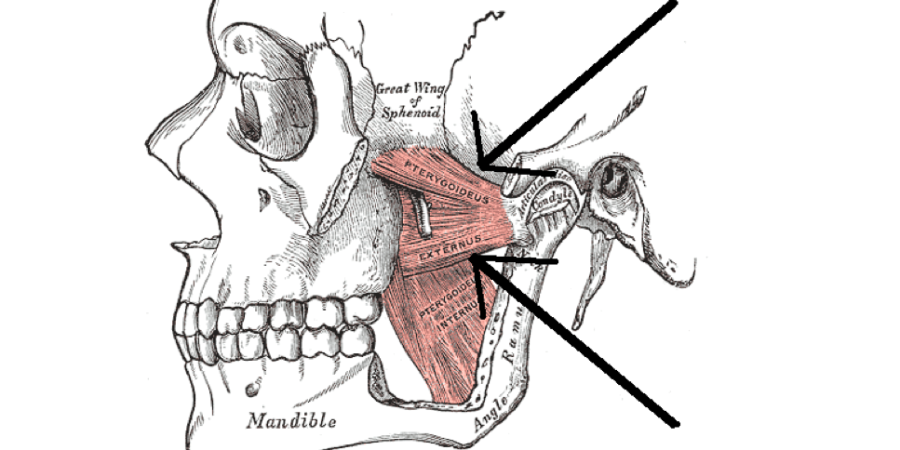
Don´t chew gum.
None of my clients and athletes are allowed to chew gum…
Even though there is a short-term increase in cognitive performance when chewing gum, the mid- and long-term disadvantages outweigh this benefit.
Why?
1. Increase of Suprailiac Bodyfat – Regardless whether the chewing gum is sugar-free or not, it will affect your blood sugar levels and hormones such as insulin and cortisol, which in turn regulate blood sugar. Why does that happen? The sweet taste is crucial. What emerges is a neurochemical reaction. If we taste something sweet our brain responds to it by telling the body that sugar is on its way to the stomach, intestines and afterwards to the blood. To taste sugar has less impact than actually eating it but in my experience it´s not insignificant. From an empirical standpoint it´s enough to taste something sweet to slow down the progress in fat loss, especially the bodyfat on your hips, which correlates with bloodsugar management. (Side note: The same goes for diet/zero drinks. They can increase body fat especially the suprailiac skinfold. To read the study click here.)
2. Activation of the digestive tract – The sweet taste and the chewing will stimulate the flow of saliva. This is the first step of our digestive system. Stimulating digestion has an effect on our autonomic nervous system. It lowers the sympathetic nervous system and activates the parasympathetic nervous system, which means it shuts down the system and relaxes us. Like the standby mode on our computers. Everyone knows the energy hole following a larger and/or highcarb lunch. Relaxation is important, especially in the evening but during the day, before and during workouts it decreases performance.
3. Decrease of Hip Mobility and Power Output of the Posterior Chain – The constant chewing causes adhesions and tension in the jaw muscles, especially in the Masseter, Pterygoids and Temporalis. Besides attention and concentration deficits, adhesions and tension in these muscles can also lead to decreased physical performance. Dr. George Goodheart, an American chiropractor who defined the field of „Applied Kinesiology“ more than 50 years ago, discovered a neurological link between muscle performances of the jaw and hip muscles, ie. the more tension in the jaw area, the more tension in the hip area because the nervous system controls these two areas partially coupled together. In strength training and with all sports in which running and sprinting play major roles, the hip muscles – especially the posterior chain – are crucial. Constant gum chewing can therefore lead to a loss of hip mobility and a reduced Power Output of the Posterior Chain – which increases the potential for injuries and makes you slower.
4. Reduction of sleep quality – Tension in the jaw muscles is inversely correlated with sleep quality. Excessively chewing gum can even lead to and/or facilitate Bruxism, which is the clenching of the teeth other than in chewing and is associated with forceful grinding or rubbing the teeth together, mainly during sleep. Bruxism is one of the most common sleep disorders.
From experience, releasing the jaw muscles can increase sleep quality. Not chewing gum is an easy way to keep the jaw looser and ensure great sleep.
Conclusion: Don´t chew gum.
Picture: The anatomy of the jaw in detail (source:wikipedia)
